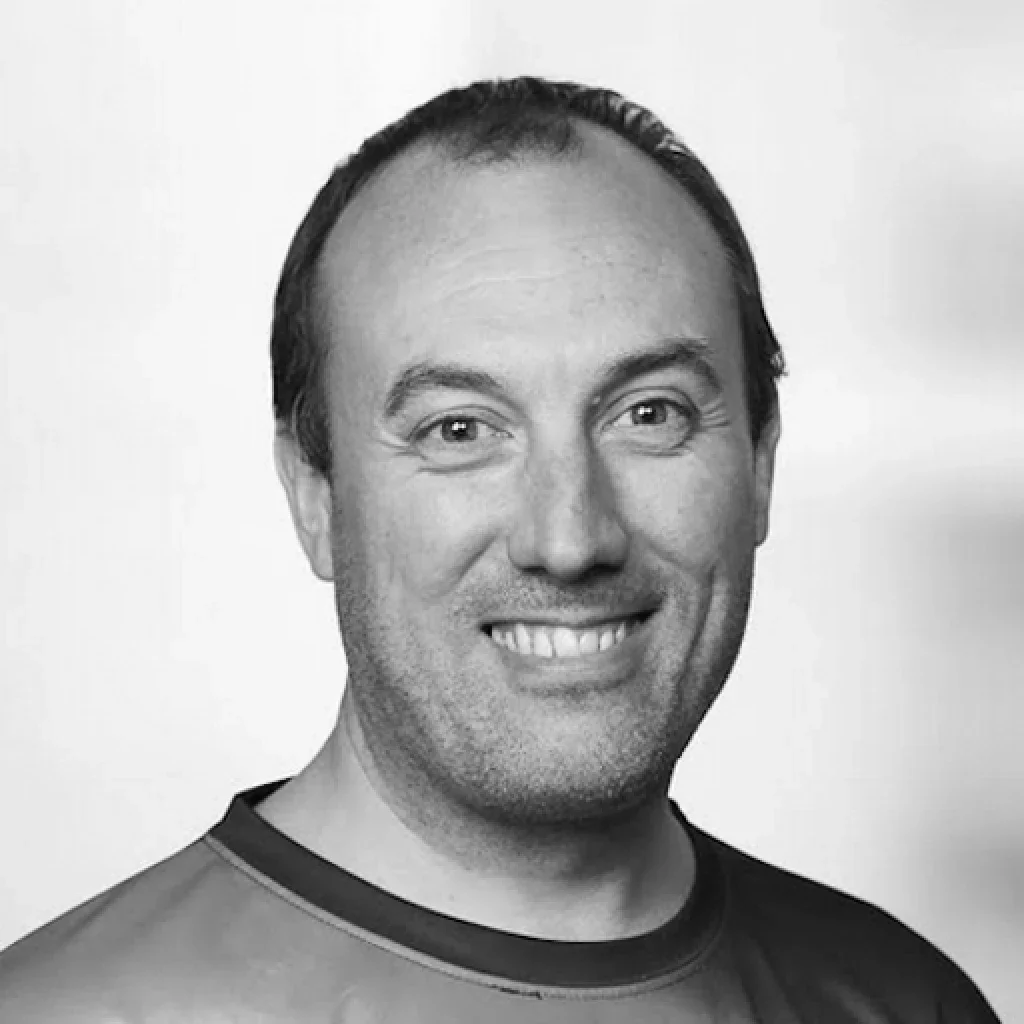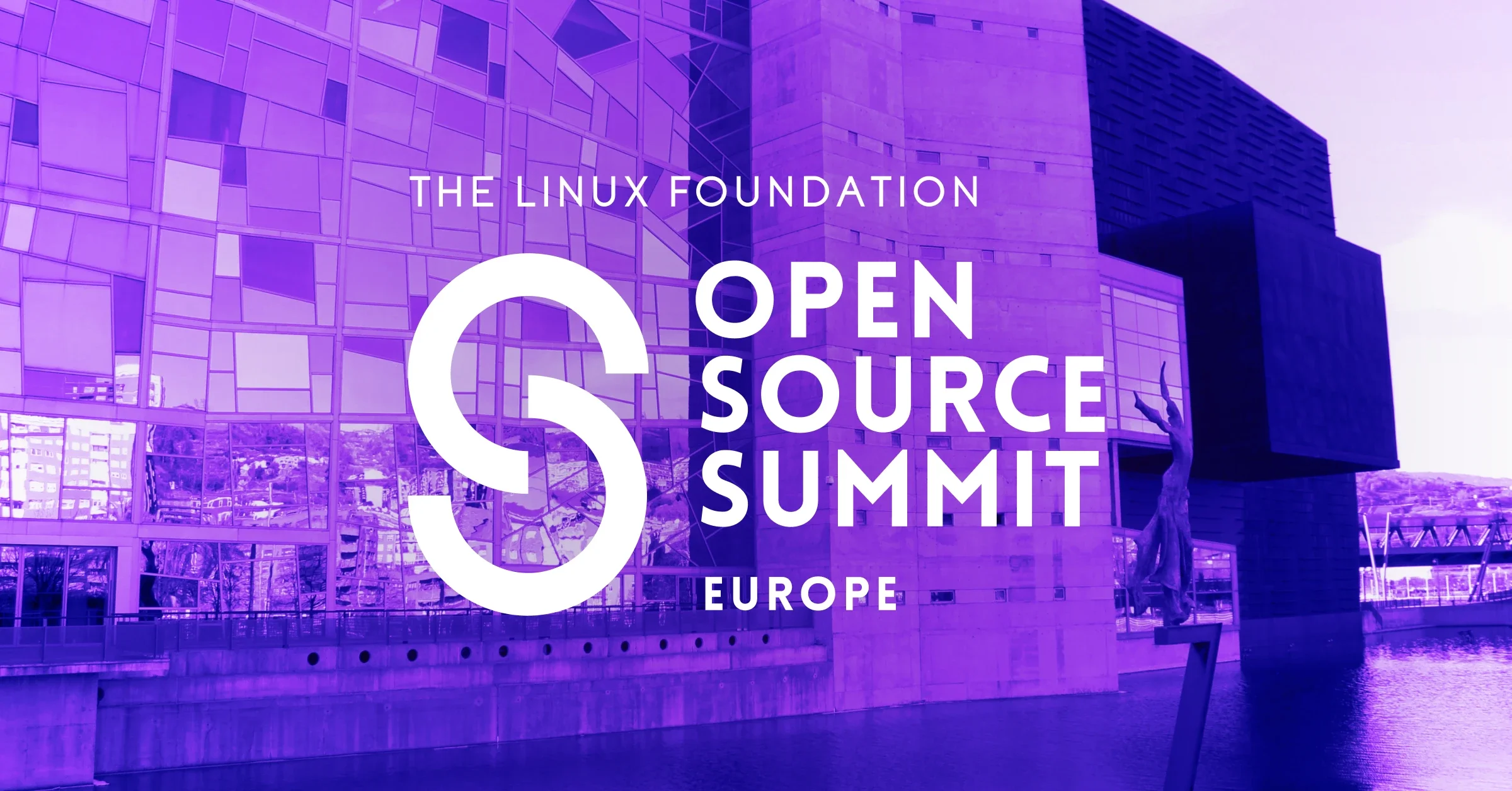The week of 18th to 21st of September, the Open Source Summit conference, organized by The Linux Foundation, was hosted at the Bilbao Palacio Euskalduna, Spain.
More than 1,500 people attended the conference, and this edition was full of talks about AI, OSPO best practices, security, and DevOps.
Sonar was a sponsor among other relevant companies, with a booth where we had great conversations regarding Code Quality and tooling.
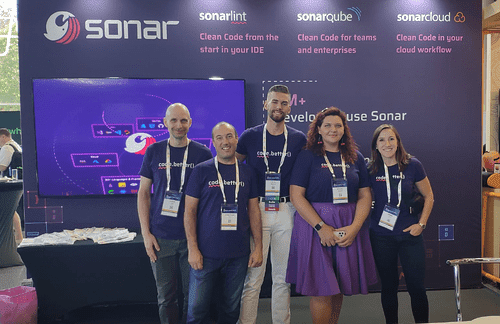
The booth interactions
The main conversations were around explaining how the Clean As You Code methodology provided by Sonar can help improve the project status without being overwhelmed by old issues, that eventually as studies show, they will disappear from the project’s code.
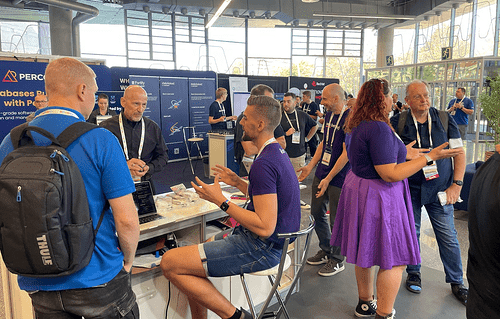
There were also great interactions around small demos about how the tooling (SonarQube for IDE), can help con this methodology facilitating that the developer commits confident code already analyzed and fixed, and how this seamlessly integrates with the centralized tool (SonarQube Server/SonarQube Cloud) that, using the Quality Gate concept, will ensure no bad code is merged into the main branch.
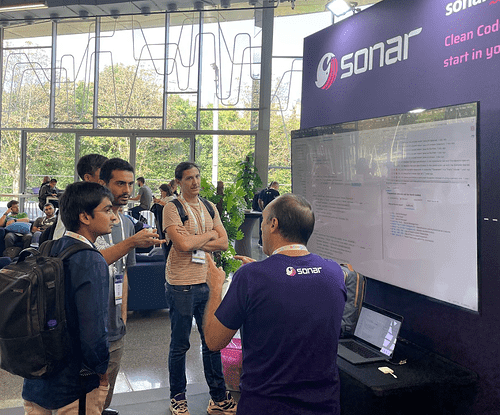
Sonar's presence in the open-source ecosystem
We had time also to show the commitment to the Open Source ecosystem from Sonar, which has been present for more than 13 years with its tools SonarQube Server and SonarQube for IDE, and the deep belief that Open Source is driving innovation and democratization of software creation allowing the open source projects to get benefit from SonarQube Cloud, the tool to analyze projects in the hosted edition for free.
More than 87000 Open Source projects are constantly analyzed by SonarQube Cloud, for free, in order to provide tooling and methodologies to the ecosystem in its constant evolution.
Impact of Code Quality and the methodology to follow
We had a great opportunity to show the benefits of Code Quality, its definition, and the drawbacks of not using it in Jonathan Vila’s keynote presentation where he showed numbers about the cost of poor quality code and the current definition of Code Quality and how developers can benefit from it using a low friction approach.
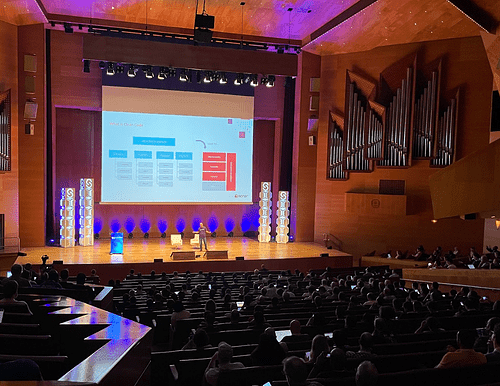
Takeaways
It’s clear that the impact of poor-quality software is huge, more than $2 Trillion, and that embracing methodologies that can reduce that impact in our software is the way to go. But, it’s important to use methodologies and tooling that can be used in a low-friction approach, with tools that cover the different approaches: developer, team, and company, in order to not become overwhelmed on those long-lived projects and the number of issues to fix.
I would like to finish with a special mention to the community, the open-source core that has brought software to its current status, with lots of individuals and groups improving the software libraries we constantly use. And, in this regard, Sonar is very committed to offering tools considering those projects and committing to the ecosystem.
Eskerrik asko, and see you at the next conference 🙂
